11111
Maintaining the purity of liquids and gases is crucial in modern industrial and civilian fields. From precision medical devices to large-scale chemical production, various process flows rely on high-purity media. As a simple and efficient filtering technology, Iragazi Sarea plays a crucial role in removing unwanted particles from liquids and gases. Its principle may seem simple, but its application is extremely extensive, permeating every aspect of our lives.
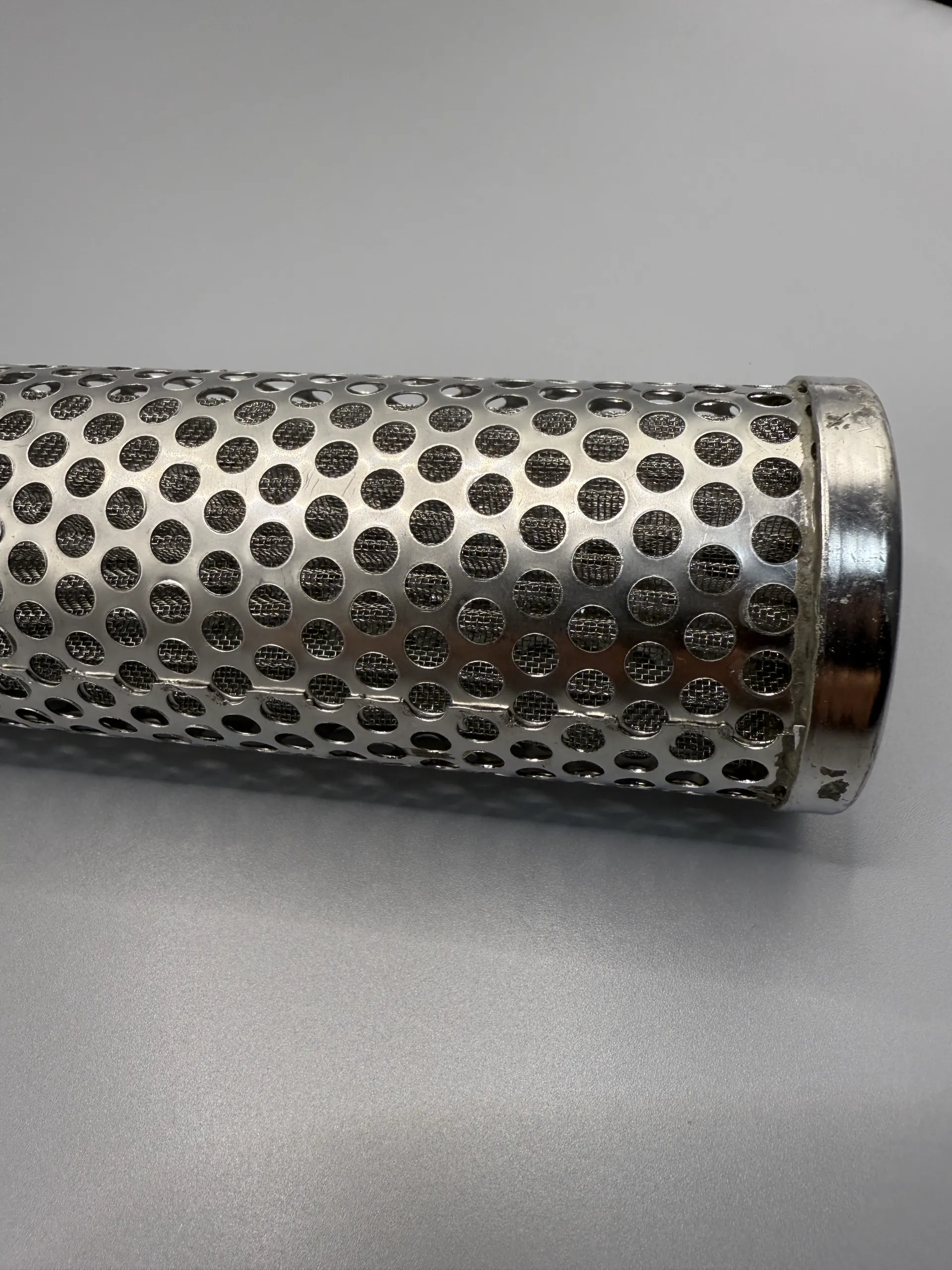
The core mechanism of Filter Mesh lies in its microstructure
By weaving, sintering, stamping and other processes, a mesh structure with specific pore sizes is manufactured, allowing target liquids or gases to pass through while intercepting particles larger than the pore size. The material selection of altzairu herdoilgaitzezko iragazkien sare is crucial and needs to be comprehensively considered based on the properties, temperature, pressure, and particle characteristics of the medium to be filtered. Common filter mesh materials include metals (such as stainless steel, copper, titanium), polymer materials (such as nylon, polytetrafluoroethylene), and ceramics. Filter meshes made of different materials have different corrosion resistance, high temperature resistance, and mechanical strength, thus meeting the needs of various complex working conditions.
The application range of Filter Mesh is extremely wide
In the industrial field, it can be used to filter petroleum, chemical raw materials, coolant, lubricating oil, etc., to ensure the normal operation of equipment and the quality of products. In the food and beverage industry, altzairuzko iragazkien sare is used to remove impurities and microorganisms, ensuring the hygiene and safety of products. In the pharmaceutical industry, Filter Mesh is used to filter drugs, blood products, etc., to ensure the health of patients. In addition, Filter Mesh also plays a key role in environmental protection fields such as air purification, water treatment, and wastewater treatment, helping to remove pollutants from the air and water.
The performance of Filter Mesh is not static
With the passage of time, particulate matter will gradually accumulate on the surface of the stainless steel filter mesh 5 micron, leading to a decrease in pore size, a decrease in filtration efficiency, and an increase in pressure drop. Therefore, regular cleaning or replacement of the Filter Mesh is a necessary measure to ensure filtering effectiveness. Different cleaning methods can be used for different application scenarios, such as backwashing, ultrasonic cleaning, chemical cleaning, etc. In addition, the maintenance of Filter Mesh directly affects its service life and filtering performance.
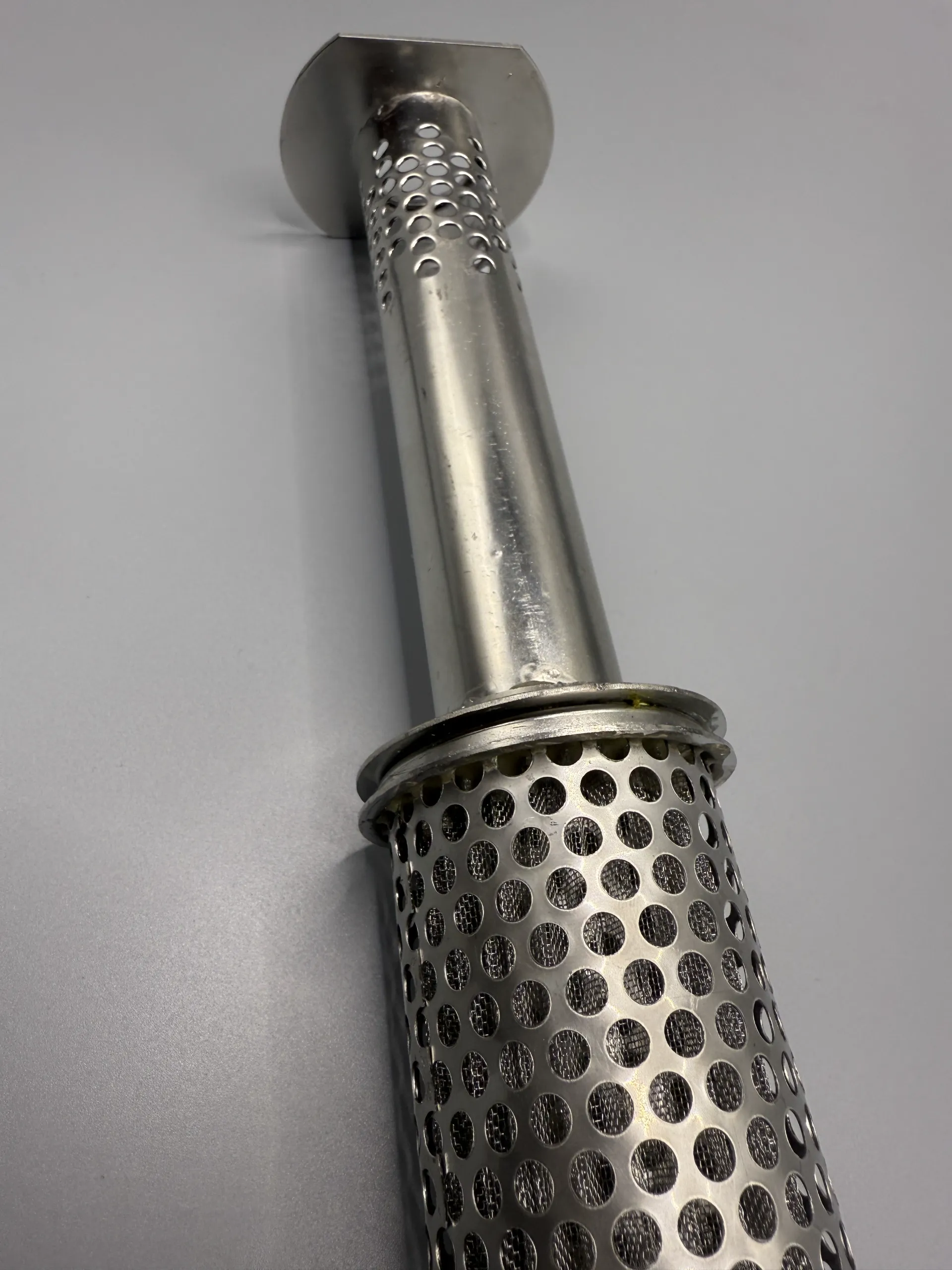
With the continuous development of technology, Filter Mesh technology is also constantly advancing
The development of new filter mesh stainless steel materials, the application of nanotechnology, and the introduction of intelligent monitoring systems have all provided new possibilities for improving the performance of filter meshes. For example, nanofiber filter mesh has higher filtration accuracy and lower pressure drop, which can effectively remove fine particles such as PM2.5. The intelligent monitoring system can monitor the pressure difference, flow rate and other parameters of the filter mesh in real time, and issue timely warnings for cleaning or replacement, thereby improving the reliability and efficiency of the filtration system.
In summary, Filter Mesh, as a simple and effective filtering technology, plays an irreplaceable role in the purification process of liquids and gases. From industrial production to daily life, the application of Filter Mesh is ubiquitous, ensuring our production safety and quality of life. With the continuous advancement of technology, Filter Mesh will play a more important role in the future, contributing to the construction of a cleaner, safer, and more efficient society.
Filter Mesh FAQs
-
What is a Filter Mesh?
-
Filter Mesh is a porous mesh material woven or sintered from metal wires, synthetic fibers, or other materials, mainly used for separating, screening, or filtering impurities in solid particles, liquids, or gases. Its core characteristics are uniform pore size, good breathability, and corrosion resistance, which are widely used in industrial, environmental protection, medical and other fields.
What are the main materials of Filter Mesh? How to choose?
Common materials include:
Metals: stainless steel (304/316), copper, nickel, high temperature resistance, corrosion resistance, suitable for the chemical and petroleum industries;
Synthetic fibers: polyester, nylon, low cost, good flexibility, suitable for air or liquid filtration;
Ceramics/sintered metals: used in high-temperature and high-pressure environments, such as melt filtration.
Selection criteria: Taking into account the filter medium (acidity, temperature), accuracy requirements (micron scale pore size), and mechanical strength.
What are the main applications of Filter Mesh in the industrial field?
Liquid filtration: separation of impurities in wastewater treatment and food and beverage production;
Gas filtration: air purification system, industrial smoke and dust collection;
Solid liquid/solid gas separation: sieve screening in the petroleum industry and powder screening in pharmaceutical factories;
Protection purpose: To protect the air inlet of mechanical equipment and prevent foreign objects from entering.
How to represent the accuracy of Filter Mesh? How to choose the appropriate aperture?
Precision representation: usually measured in mesh or micrometers (μ m) (e.g. 100 mesh ≈ 150 μ m);
Selection principle:
Coarse filtration (such as sediment separation): 50200 μ m;
Fine filtration (such as drug sterilization): 150 μ m;
It is necessary to balance filtration efficiency and flow rate to avoid blockage caused by small pore size.
What are the advantages of Filter Mesh compared to regular mesh?
Higher precision: customizable micron sized pore size to meet the needs of fine filtration;
Diversified materials: Suitable for extreme environments such as corrosion and high temperatures;
Multifunctionality: It has the functions of filtering, protection, and reinforcement (such as composite material reinforcement);
Long lifespan: The metal filter mesh can be cleaned repeatedly, and the synthetic fiber filter mesh can be replaced.


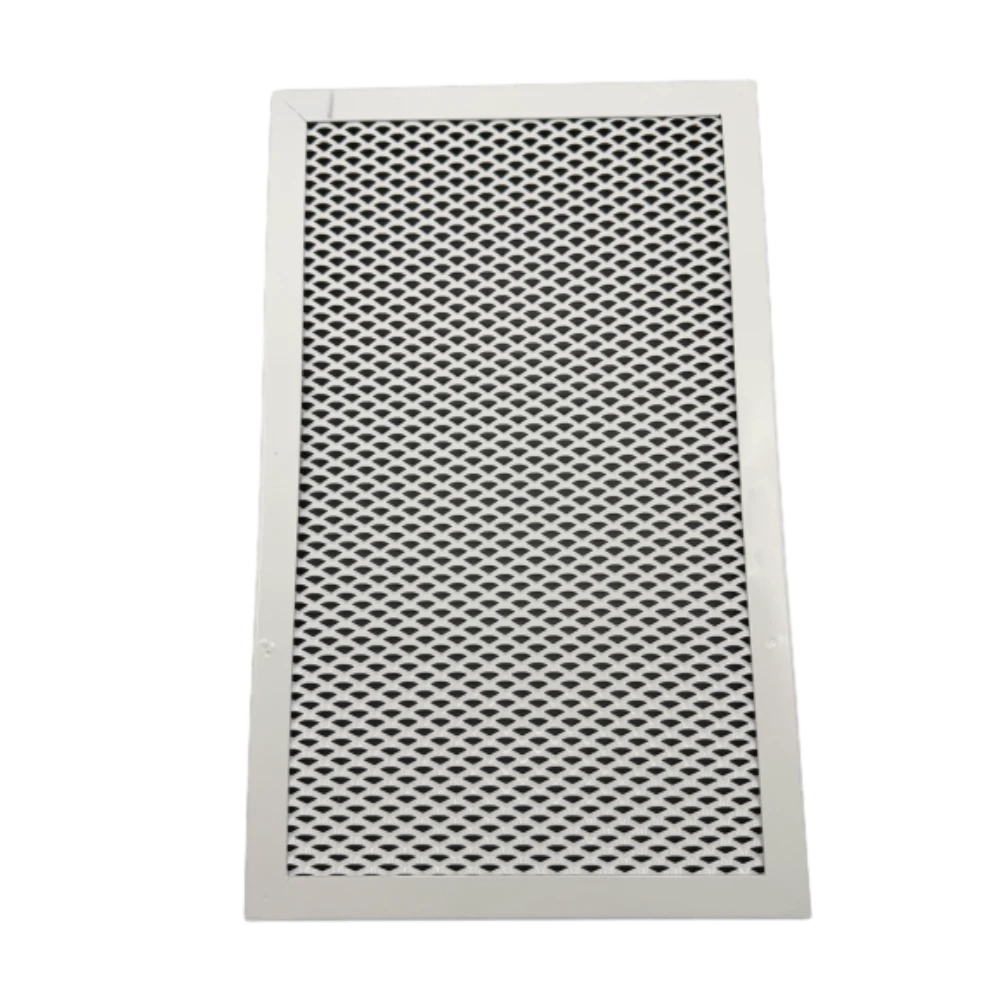
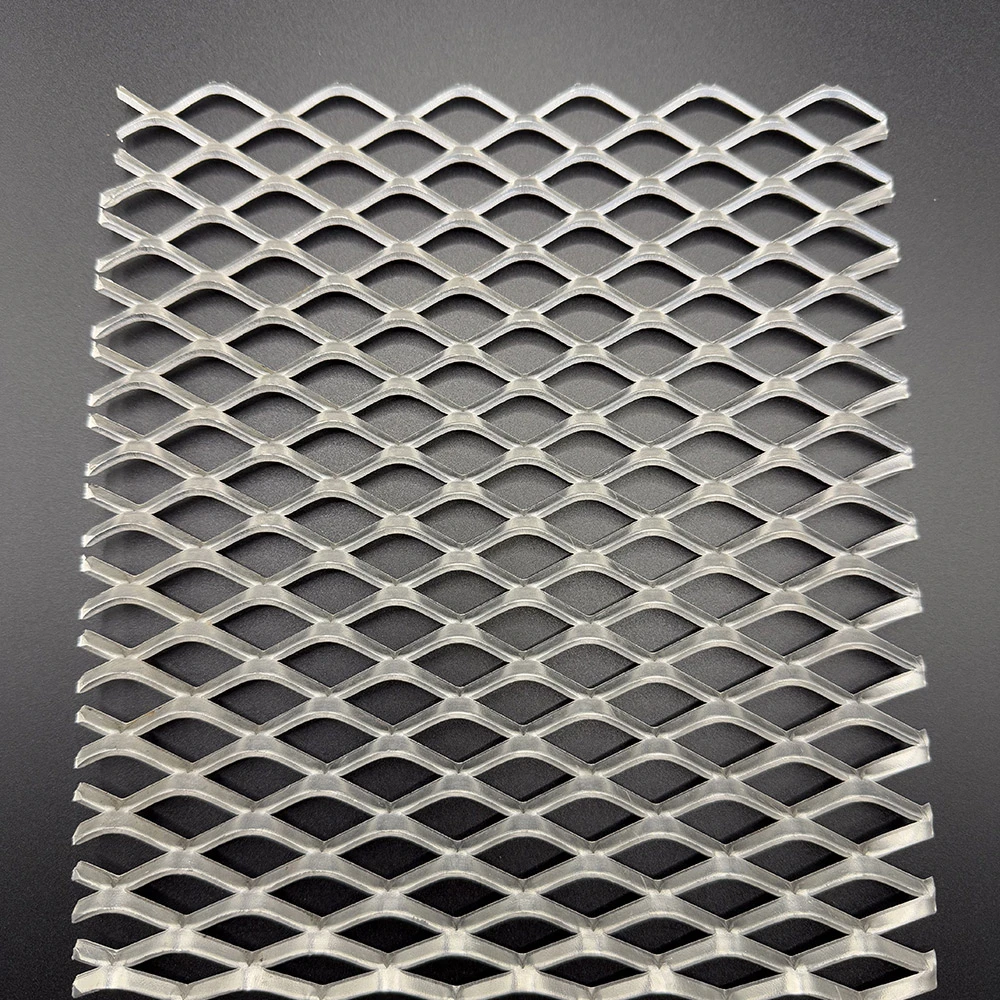
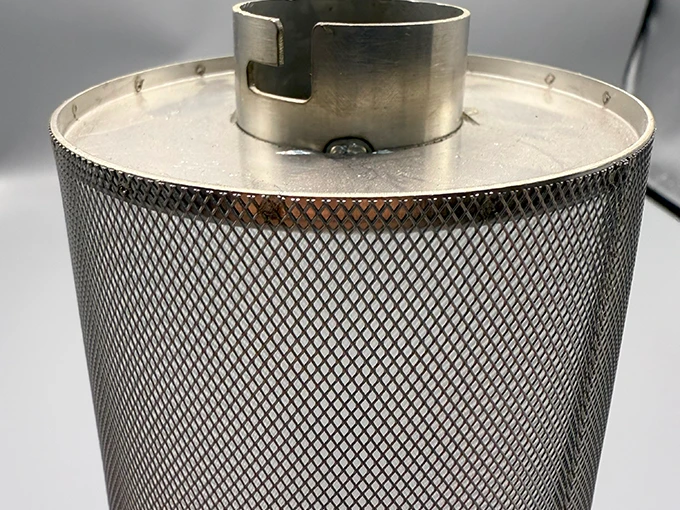
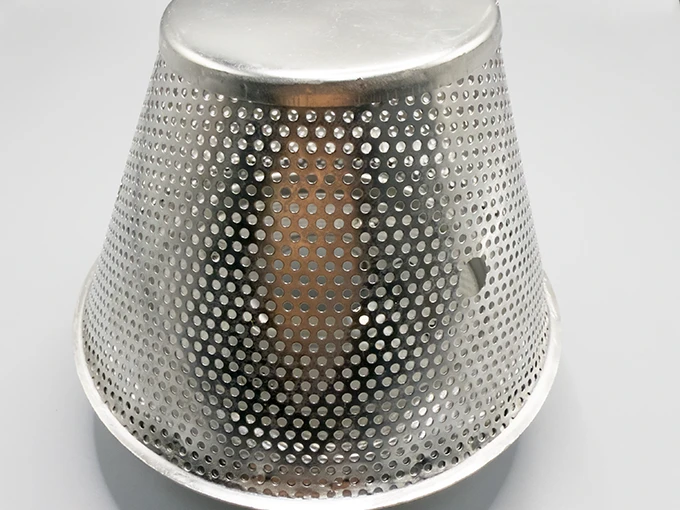












![$elementua[titulua] $item[alt]](https://www.ccmetalmesh.com/images/cc-7691.webp)

